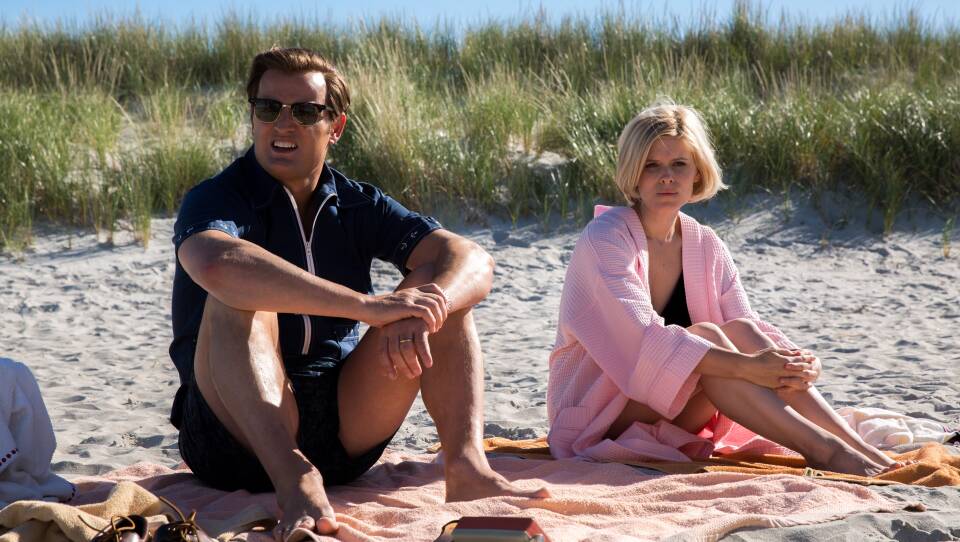Depending on who you ask, the incident at Chappaquiddick in 1969 was either a tragic accident that denied Ted Kennedy the presidency, or a travesty of justice for which he should have gone to jail.
Director John Curran has seen that dichotomy play out at the screenings of his new movie.
"It's as if people see the film through one of two sets of lenses," Curran said. "Either they hate Teddy Kennedy and the film validates that ... or on the other side, people question aspects of it as a way of trying to defend him."
Here are the facts, if it's possible to say that there are any undisputed facts in this case: It was July of 1969, just over a year after the death of Bobby Kennedy, and his brother Ted was still grieving when he gave a small party on Chappaquiddick Island for Bobby's former staffers. That included Mary Jo Kopechne, a 28-year-old woman from New Jersey who had worked for Bobby in the Senate, and then on his campaign for the presidency in 1968.
Ted left the party with Kopechne, later saying he was taking her to the ferry back to her hotel. But his car wasn't headed in that direction when it flipped off a bridge and into a pond. Kennedy got out, Kopechne did not. And he failed to report the incident for ten hours, until the following morning, when his car was found.
The events of the intervening hours are anyone's guess. In the movie "Chappaquiddick," the filmmakers show a panicked Kennedy running back to the house where the party was, not diving repeatedly trying to save Koepechne, as the late senator said he did in an inquest.
Curran says Kennedy was one of his heroes. He worried that he was "taking down one of his own team" by making this movie, but his hope for the film is that it will be equally provocative to Kennedy's detractors and supporters.
"The narrative follows the facts of the case as closely as we could get to them," Curran said.
"But there are so many gaps in this story," said Jenna Russell, a Boston Globe reporter and co-author of a biography about Kennedy.
Russell understands that historical movies have to do some amount of guesswork and dramatization. But she does worry that some people might see the movie and think this is the definitive account of how things happened.
"Especially younger people, many of whom I'm sure have never heard of Chappaquiddick," she said.
Russell adds that marketing the film as the "untold true story" is part of her problem with it.
"I think the truth is really important and facts are very important," she said. "History is fragile, in a sense, because it can be rewritten, and I think you have to be really careful."
For his part, director John Curran said the movie is about this very thing: the elusiveness of one truth.
"The truth has been clouded and changed and altered over time," he said. "And that's really the point of the film. It should provoke as many questions as it does supply answers."
One thing both Curran and Russell agree on, though, is that the film does give fuller picture of who the person was who died that night: a remarkably intelligent young woman full of potential.
In all the focus on the senator, perhaps that story has been the most clouded one of all.





